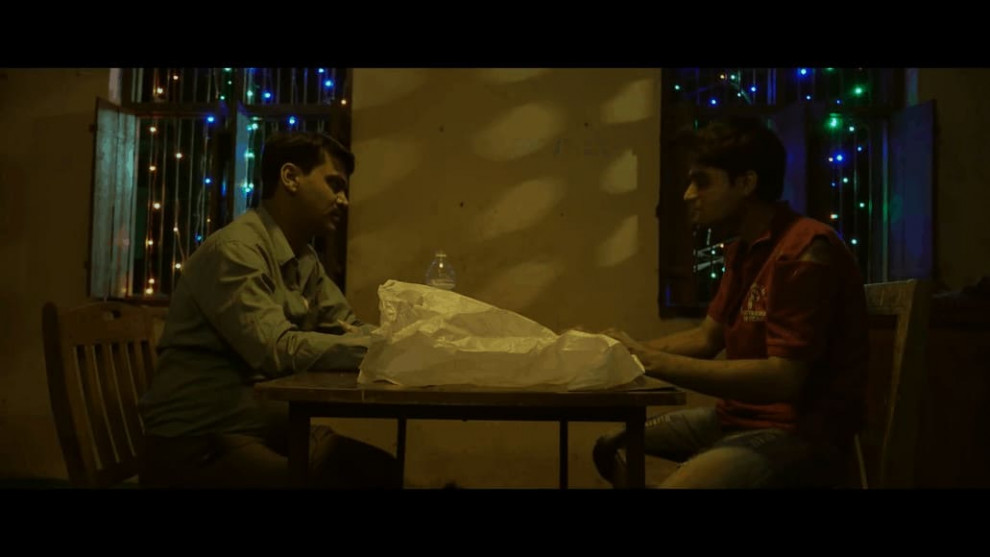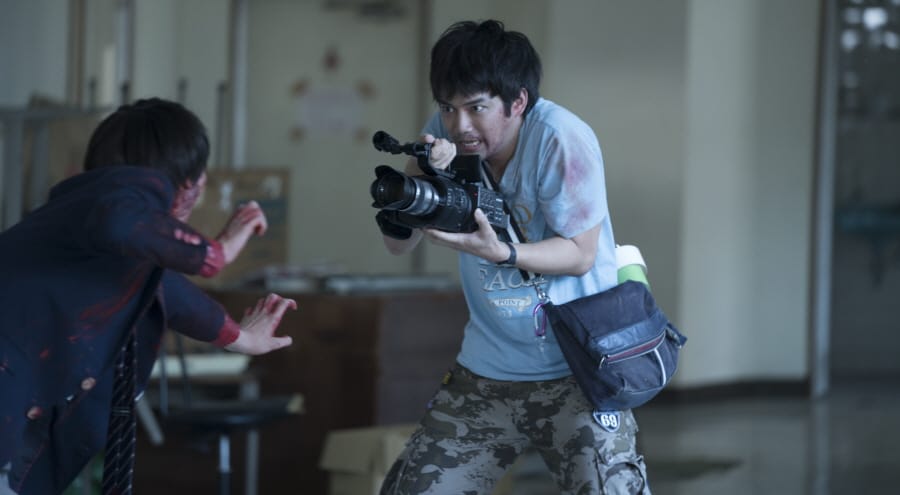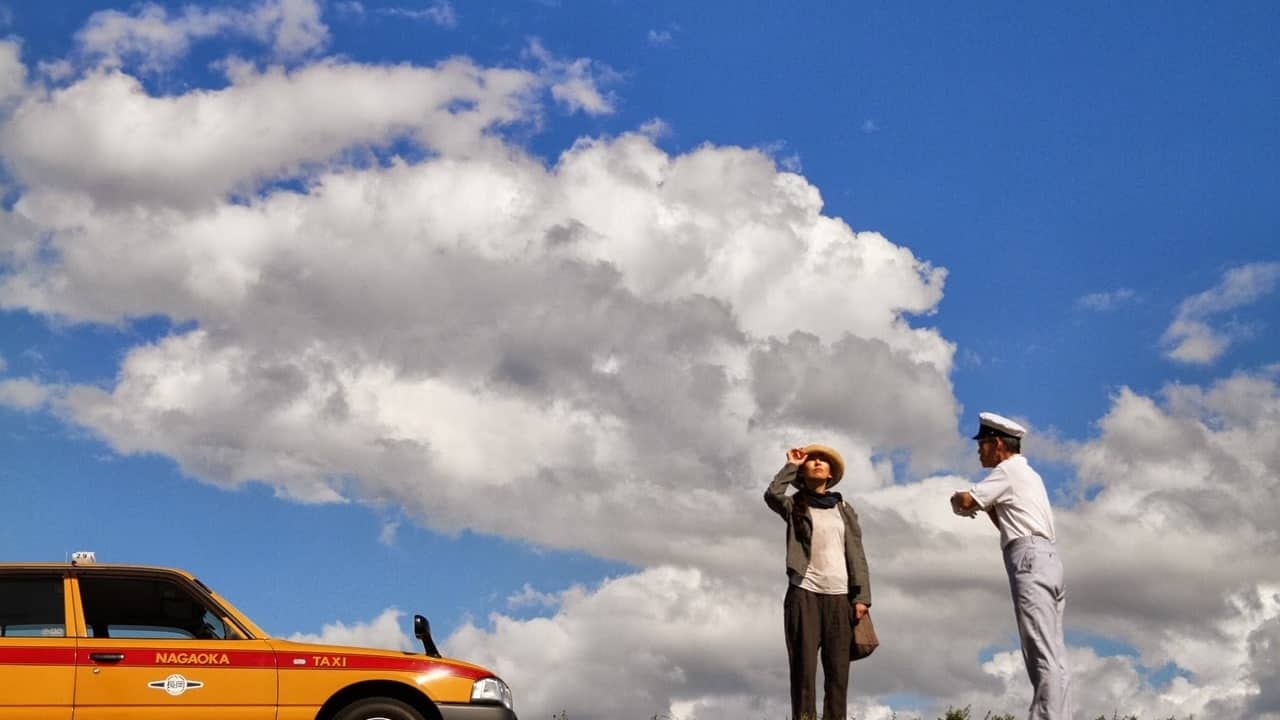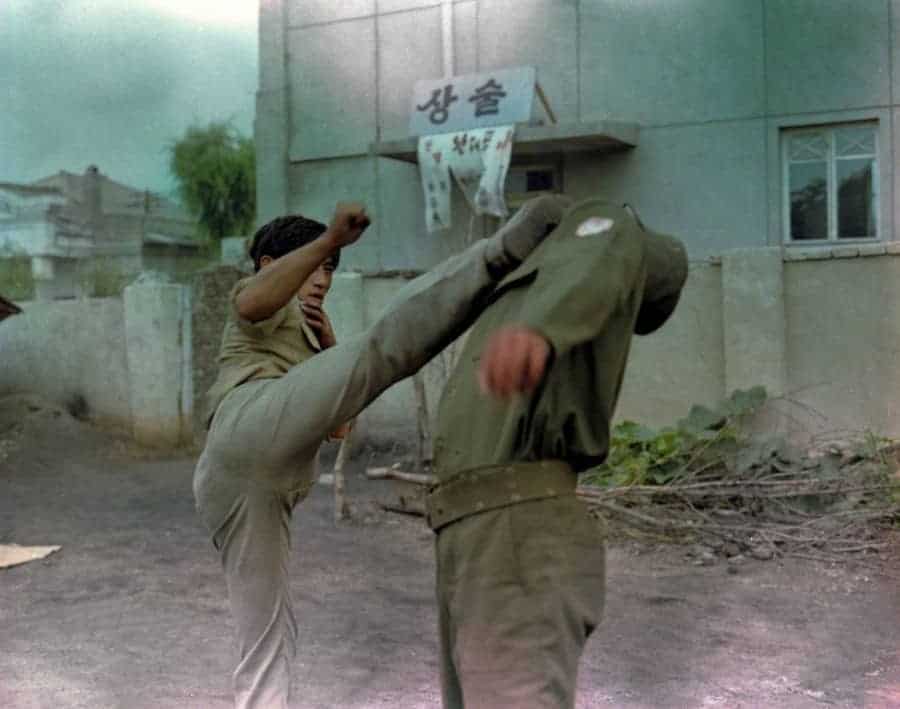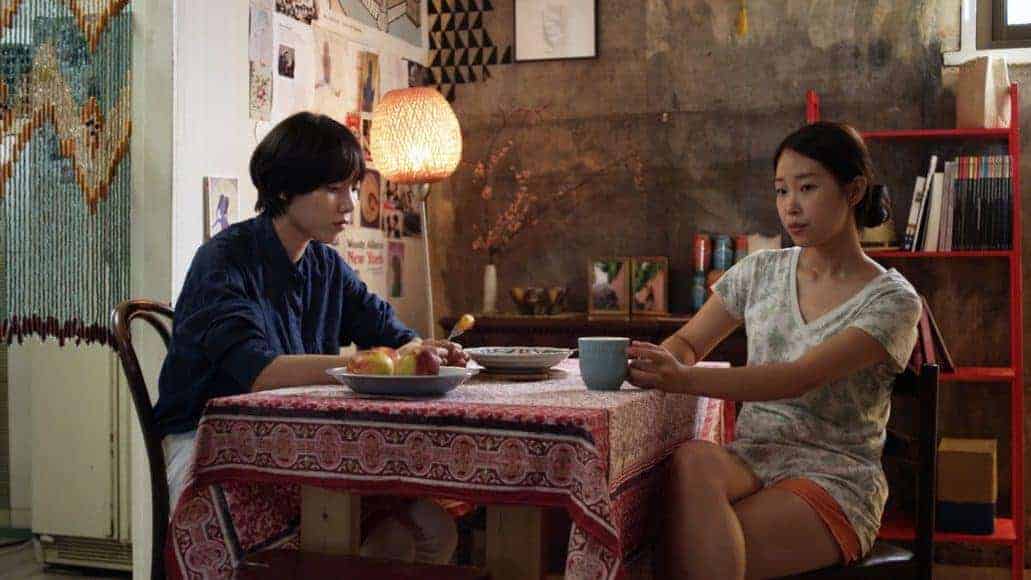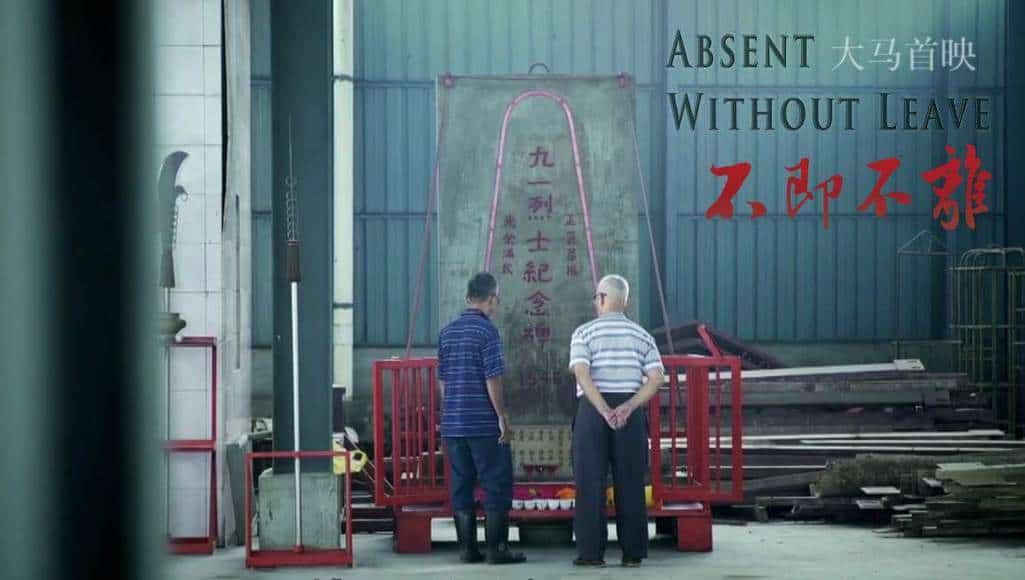“We never actually get the opportunity to talk.”
Perhaps one of the most important lessons history can tell us is how certain events have helped build and shape a nation. Thinking of it as a mere collection of dates and names is, of course, short-sighted, especially since the repercussions of these events are not simply aspects of museums and school curricula, but often define our bodies themselves. In many ways, the consequences of violence, whether physical or psychological, can be felt within ourselves as they have become part of our DNA. Experiencing cruelty and injustice will inevitably define a family and people for generations to come.
At the heart of Indian director Pranjal Joshi's short feature “Beediwala” is the aftermath of the 1984 anti-Sikh riots following the assassination of Indira Gandhi. The events in October and November that year saw hundreds of Sikhs murdered, families ripped apart and their property destroyed by angry mobs. Long after these happenings, violence continued throughout the country with many families still trying to fight for justice to this day for the cruelties and crimes they had to endure during that time. In her lengthy essay titled “Twenty Years of Impunity. The November 1984 Pogroms of Sikhs in India” Jaskaran Kaur, founder of “Ensaaf”, a non-profit organization dedicated to ending “impunity in India for mass state crimes”, writes: “Each day the survivors are denied their rights to knowledge, justice and reparation, their anguish is compounded, their nightmare prolonged, and their alienation deepened.“

The film begins with a young man named Lakki (Vinay Baghela) shooting a pedestrian on the crowded streets of an Indian city after a heated argument with the man. Since he is quickly apprehended by the police,, one officer (Chetan Shah) begins the interrogation about the possible reasons for this crime. Since Lakki and his family share a long history of violence, the officer has no patience for what he sees as arrogance and pride in a murder and what has begun as an interrogation soon turns violent.
In general, the way Joshi presents violence in his short feature is always confrontational. Starting from one of the very first images with a gun directed straight at the camera, the film soon cuts to a wide shot showing Lakki and his victim. All around him, city life suddenly stands still in shock of the violent act which has broken the stream of daily routine. As we can see from Laaki's angry tirade directed at the victim, violence has brought no resolve or satisfaction for the victim, since the existence of it highlights a much deeper emotional turmoil the young man is still going though.
Additionally, violence is a never-ending cycle. As we learn about Lakki's family being persecuted during the 1984 pogroms, the cruelty of that day has defined a foundation for further bloodshed which, in the case of Lakki, has accompanied him all his life. Vinay Baghela as Lakki gives a haunting performance as a man tormented by experienced of injustice and violence, who has finally learned he has to be part of this vicious circle in order to survive. Even though his motif does not resolve anything and only furthers individual suffering, the equally violent reaction of the authorities represented by the interrogating officer only confirms his reasons.

In the end, “Beediwala”is a well-acted and intelligently edited crime drama. Especially the scenes between the officer and Lakki are defined by the efficient use of lighting, adding suspense as well as tragedy to the drama unfolding in front of the viewer. Considering the background of his film, Pranjal Joshi has managed to create a thrilling, yet tragic tale about the origin of violence and how it repeats through generations.
Sources:
Kaur, Jaskaran (2006) Twenty Years of Impunity. The November 1984 Pogroms of Sikhs in India
http://ensaaf-org.jklaw.net/publications/reports/20years/20years-2nd.pdf , last accessed on: 04/20/2019


